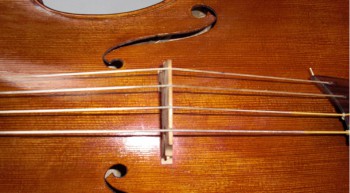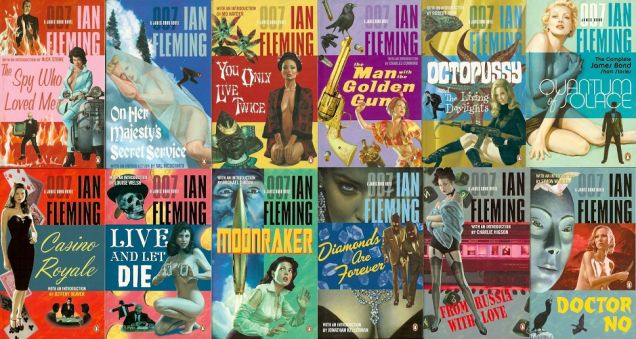The recent court case over the song “Blurred Lines” highlighted a very thorny question: exactly what parts of a song are copyrightable? Nova Southeastern University's Copyright Officer, Stephen Carlisle, J.D., explains how courts have handled the questions legally, and how music composition techniques and music theory affect the results.








